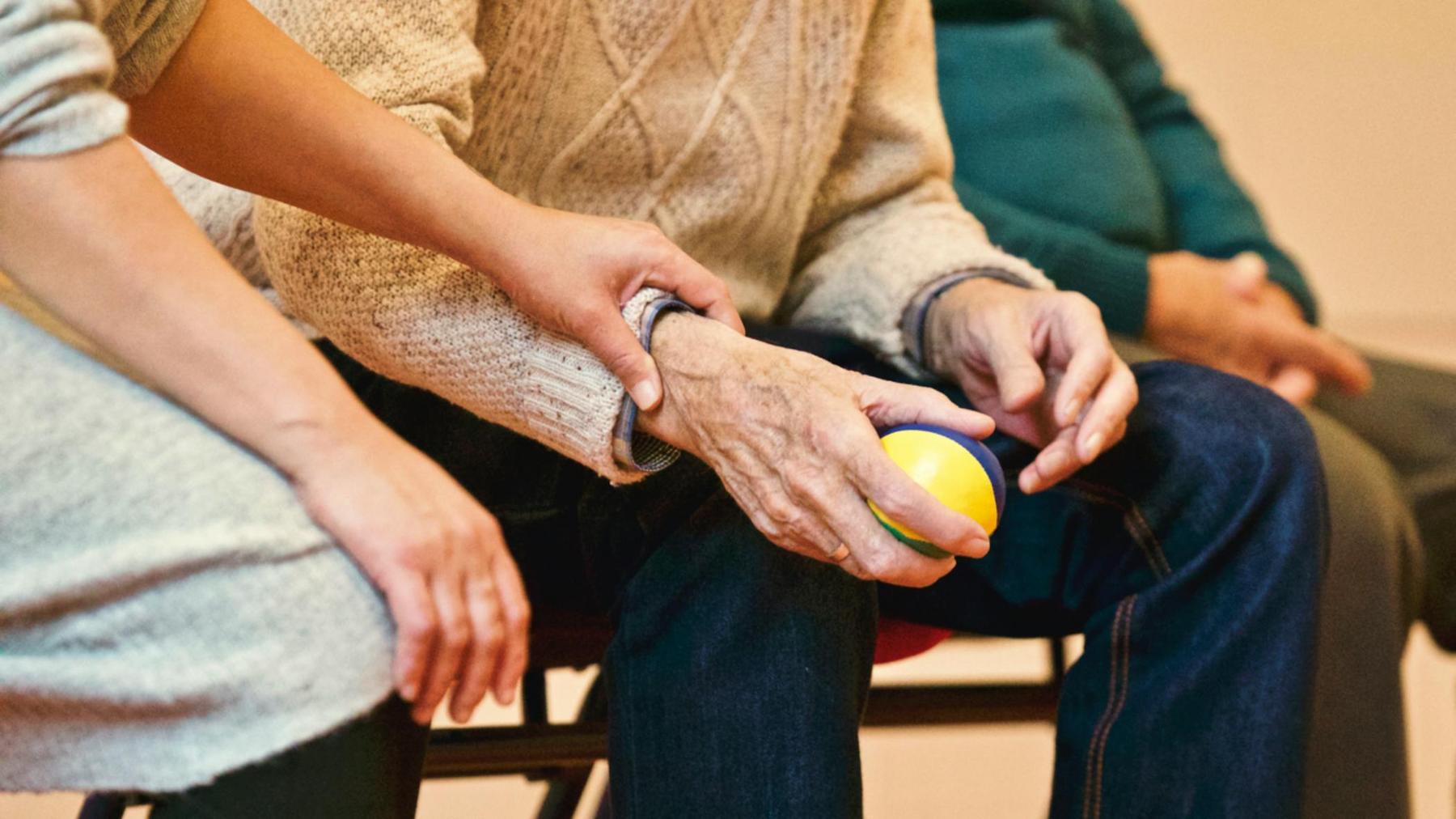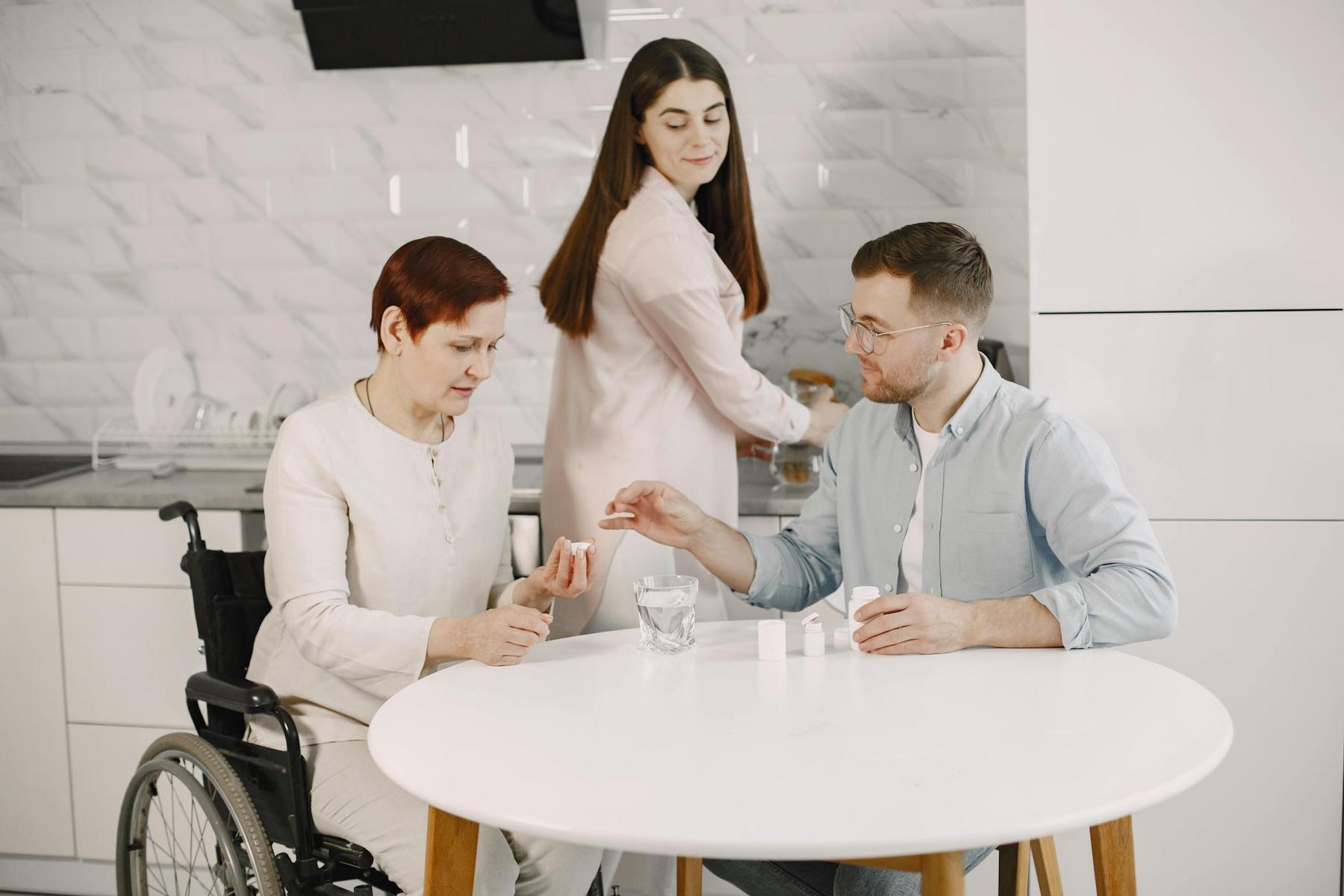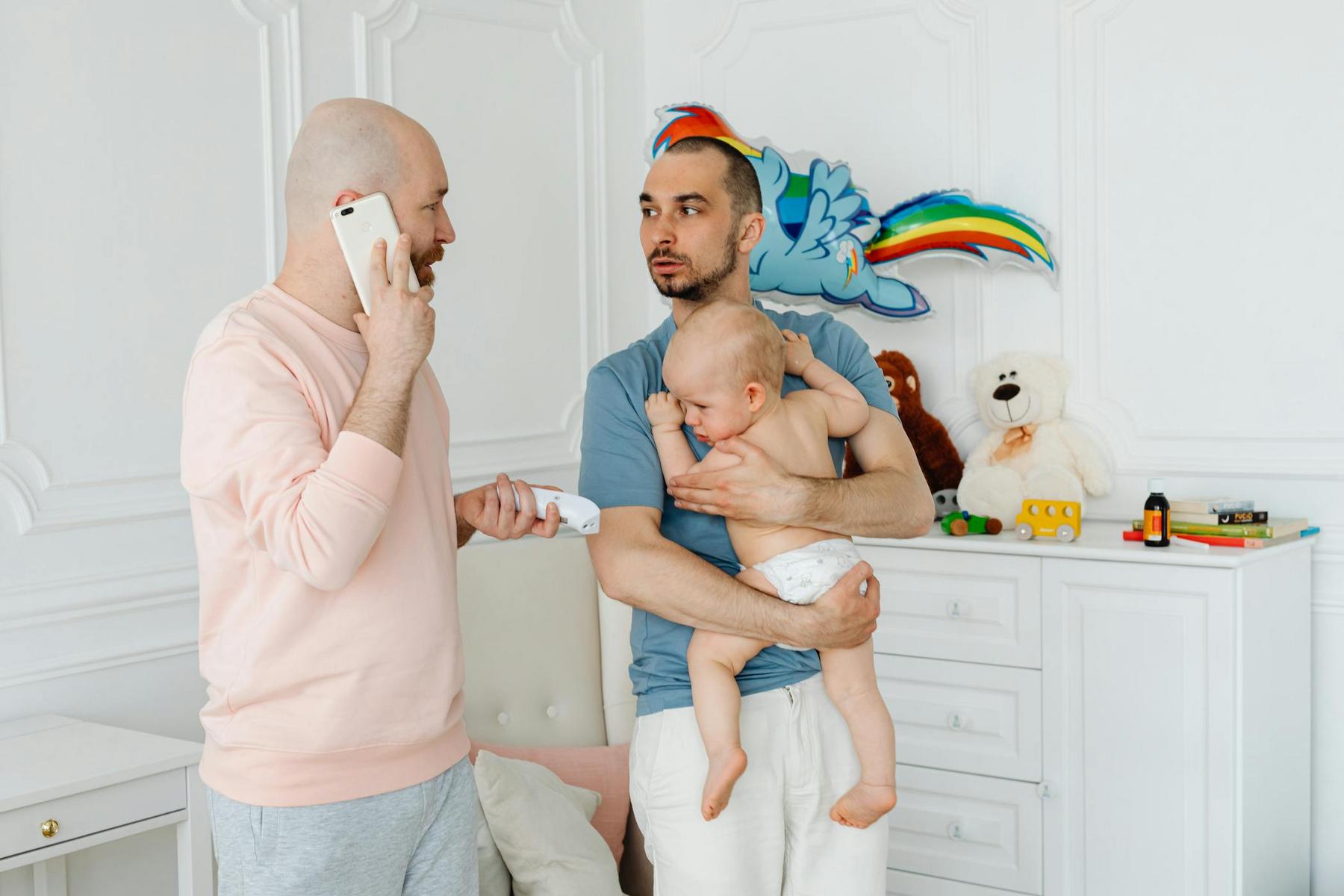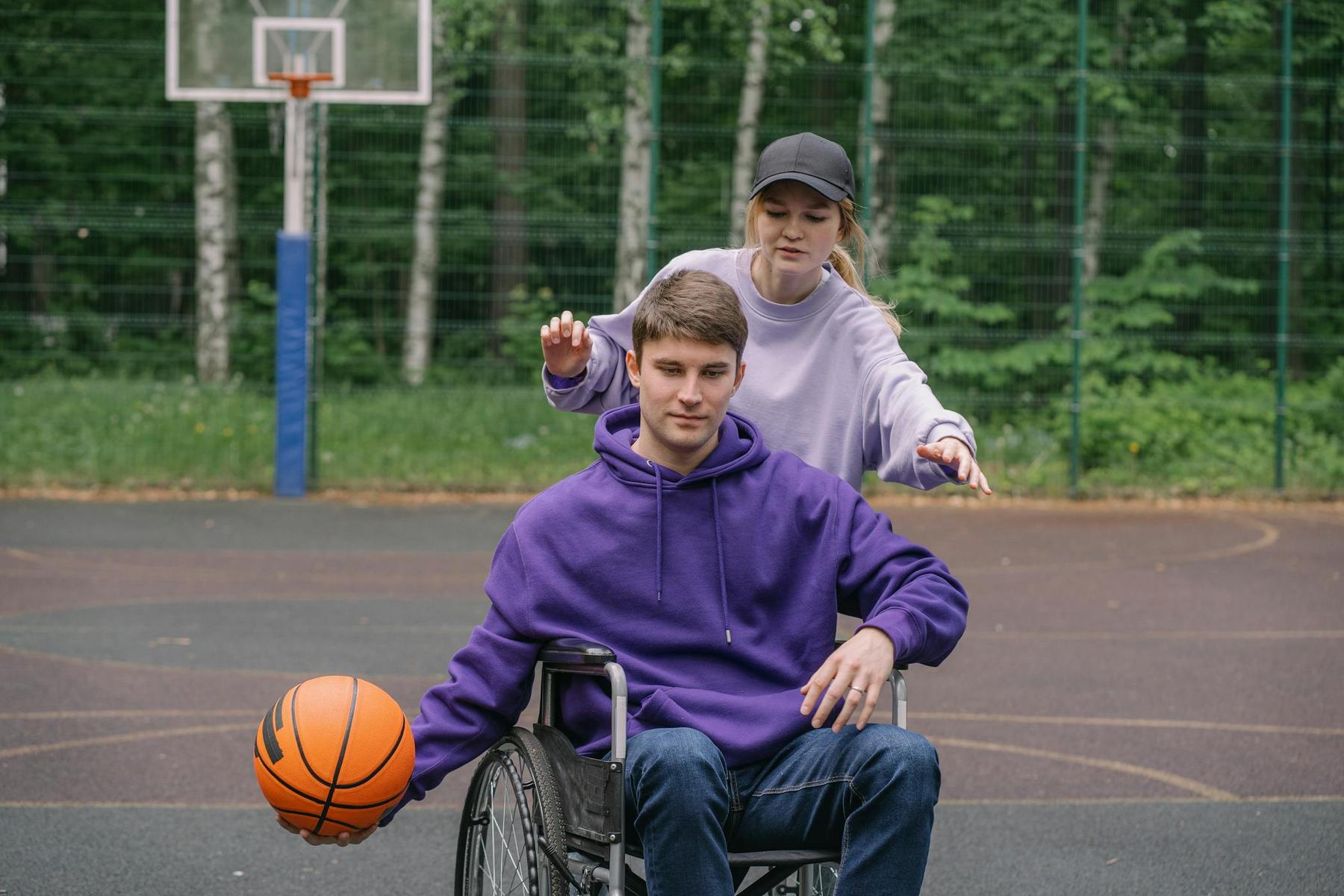Living with a physical disability or caring for a loved one who does presents unique daily challenges that extend far beyond medical considerations. In Cairns, families often find themselves overwhelmed by questions about accessing appropriate support services, understanding funding mechanisms, and ensuring their loved ones receive the dignity and independence they deserve. The journey can feel isolating, particularly when navigating complex systems whilst managing the emotional weight of changing circumstances.
The tropical north of Queensland has witnessed significant growth in disability support services over recent years, yet many families remain uncertain about their options. Whether you’re dealing with a newly acquired disability, managing a progressive condition, or seeking better support arrangements, understanding the comprehensive care landscape in Cairns is crucial for making informed decisions that enhance quality of life.
What Types of Physical Disability Support Services Are Available in Cairns?
Physical disability support in Cairns encompasses a diverse range of services designed to address varying levels of need and independence goals. The National Disability Insurance Scheme (NDIS) has fundamentally transformed how these services are delivered, creating pathways for more personalised and flexible care arrangements.
Supported Independent Living (SIL) represents one of the most comprehensive support options available. This service enables individuals with physical disabilities to live in their own homes or shared accommodations whilst receiving assistance with daily activities. SIL support can range from a few hours per week to 24/7 care, depending on individual needs and NDIS funding allocations.
Personal Care Services form the backbone of many support arrangements, encompassing assistance with hygiene, medication management, meal preparation, and mobility support. These services are particularly vital for individuals with conditions affecting motor function, strength, or coordination.
Life Skills Development programmes focus on building practical abilities that enhance independence. This might include learning to use assistive technologies, developing cooking skills adapted to physical limitations, or mastering public transport navigation with mobility aids.
High-Intensity Daily Personal Activities support individuals with complex physical needs who require specialised assistance throughout their daily routines. This level of support often involves trained professionals who understand specific medical equipment and care protocols.
The diversity of services available means that individuals can receive tailored support that aligns with their specific goals, whether that’s maintaining independence in their own home, developing new skills, or accessing community activities they value.
How Do You Choose the Right Disability Care Provider for Your Needs?
Selecting appropriate disability care providers represents one of the most important decisions families make in their support journey. The choice significantly impacts not only the quality of care received but also the individual’s sense of dignity, autonomy, and overall wellbeing.
Experience and Specialisation should be primary considerations when evaluating providers. Some organisations excel in supporting specific types of physical disabilities, whilst others offer broader services across multiple conditions. Understanding a provider’s track record with conditions similar to yours ensures they possess the necessary expertise and equipment.
Staff Training and Qualifications directly influence care quality. Reputable providers invest extensively in ongoing training programmes, ensuring their staff understand current best practices, assistive technologies, and person-centred care approaches. This is particularly important when supporting individuals with complex physical needs requiring specialised knowledge.
Cultural Fit and Values Alignment often determines the success of long-term care relationships. Providers who genuinely understand and respect individual preferences, cultural backgrounds, and personal goals create more positive experiences for everyone involved.
Flexibility and Responsiveness become crucial factors as needs change over time. Progressive conditions may require adjustments to support levels, whilst changing life circumstances might necessitate different service types. Providers who can adapt quickly and maintain continuity of care offer significant advantages.
| Service Type | Key Considerations | Typical Support Hours | NDIS Category |
|---|---|---|---|
| Personal Care | Hygiene, medication, mobility | 2-8 hours daily | Core Support |
| SIL | 24/7 availability, shared living | Varies widely | Core Support |
| Life Skills Development | Goal-oriented, skill-building | 2-10 hours weekly | Capacity Building |
| Transport Support | Vehicle modifications, driver training | As needed | Core Support |
| Allied Health | Physiotherapy, OT, speech therapy | 1-3 hours weekly | Capacity Building |
What Funding Options Support Physical Disability Care in Queensland?
Understanding funding mechanisms is essential for accessing appropriate physical disability support services in Cairns. The NDIS represents the primary funding source for most individuals, though other options may complement or provide alternatives depending on circumstances.
NDIS Funding operates through individualised packages that reflect assessed needs and goals. Funding categories include Core Support (daily activities), Capacity Building (skills development), and Capital Support (equipment and modifications). The scheme’s person-centred approach means funding levels can vary significantly between individuals with similar conditions, based on their specific circumstances and goals.
Plan Management Options within the NDIS provide different levels of control over funding administration. Self-managed plans offer maximum flexibility but require administrative capabilities. Plan management services handle the financial aspects whilst maintaining choice and control. Agency-managed plans provide simplicity but may limit provider choices.
Queensland Government Support programmes may supplement NDIS funding or provide assistance for those not eligible for the scheme. These programmes often focus on specific areas such as equipment loans, home modifications, or emergency support services.
Private Funding arrangements allow individuals to purchase additional services beyond NDIS allocations or access support whilst awaiting NDIS approval. Some families choose to combine funding sources to achieve their preferred level of service.
The key to successful funding navigation lies in understanding how different sources can work together to create comprehensive support arrangements that align with individual goals and preferences.
How Can Families Access Specialised Equipment and Home Modifications?
Accessing appropriate equipment and environmental modifications significantly impacts independence and safety for individuals with physical disabilities. Cairns residents have multiple pathways for obtaining these essential supports, though the process can seem complex initially.
Assistive Technology Assessment typically begins the equipment access process. Occupational therapists and other allied health professionals evaluate individual needs, considering current abilities, progression patterns, and lifestyle goals. These assessments form the foundation for equipment recommendations and funding applications.
NDIS Capital Support covers many equipment and modification costs, though approval processes can be lengthy and require detailed justification. Items must demonstrate reasonable and necessary criteria, meaning they directly relate to disability-related needs and represent value for money.
Home Modification Services in Cairns range from minor adaptations like grab rails and ramps to major structural changes such as accessible bathrooms and lift installations. Qualified occupational therapists typically oversee these modifications to ensure they meet Australian standards and individual needs.
Equipment Trial Programmes allow individuals to test devices before making permanent decisions. This is particularly valuable for complex items like wheelchairs, communication devices, or environmental control systems where personal preference significantly affects outcomes.
Maintenance and Repair Services ensure equipment remains functional and safe. Establishing relationships with local suppliers who provide ongoing support prevents delays when equipment needs attention.
What Role Does Support Coordination Play in Your Care Journey?
Support coordination serves as a crucial bridge between individuals, their families, and the complex array of services available in Cairns. This specialised role has become increasingly important as care arrangements become more personalised and individuals seek greater control over their support.
Initial Planning and Goal Setting represents a fundamental support coordination function. Coordinators help translate personal aspirations into achievable goals whilst ensuring NDIS plans reflect actual needs and preferences. This process often involves facilitating family meetings and liaising with various professionals to create cohesive support strategies.
Provider Sourcing and Service Matching can be overwhelming for families navigating the disability sector independently. Support coordinators maintain extensive knowledge of local providers, their specialisations, and current capacity. This expertise proves invaluable when seeking specific services or replacing providers who no longer meet needs.
Crisis Response and Problem-Solving becomes essential when situations change unexpectedly. Whether dealing with provider failures, health emergencies, or changing circumstances, support coordinators can quickly mobilise alternative arrangements and advocate for urgent responses when needed.
NDIS Plan Reviews and Advocacy ensure funding arrangements remain appropriate as needs evolve. Support coordinators understand the evidence required for plan variations and can articulate complex needs in ways that resonate with NDIS planners.
The value of skilled support coordination extends beyond administrative tasks to encompass genuine advocacy and relationship-building that enhances overall care experiences.
How Do Transportation and Community Access Services Work?
Transportation barriers represent significant obstacles to community participation for many individuals with physical disabilities. Cairns offers various transportation solutions designed to bridge these gaps and enhance social inclusion.
Modified Vehicle Services provide access to appropriately equipped vehicles for individuals using wheelchairs or other mobility aids. These services range from taxi alternatives to specialised transport for medical appointments and social activities.
Driver Training and Vehicle Modification Support enables individuals to maintain or develop independent driving capabilities. Occupational therapists assess driving potential and recommend appropriate vehicle modifications, whilst specialised instructors provide adapted driving lessons.
Community Transport Programmes offer scheduled services to popular destinations like shopping centres, medical facilities, and community venues. These services often provide door-to-door assistance and can accommodate various mobility aids and support requirements.
Travel Training programmes teach individuals to use public transport independently or with minimal support. This skill development can dramatically expand access to employment, education, and social opportunities throughout Cairns and surrounding areas.
Companion and Support Worker Transport services combine transportation with personal assistance, enabling participation in activities that require additional support. This might include assistance with shopping, appointment navigation, or social activity participation.
Effective transportation solutions recognise that mobility extends beyond simply moving from one location to another—it encompasses the support needed to participate meaningfully in chosen activities.
Building Your Support Network in Tropical North Queensland
The unique environment of Cairns presents both opportunities and challenges for physical disability support. The region’s tropical climate, tourism focus, and dispersed population create specific considerations that influence care planning and service delivery.
Climate Considerations affect everything from equipment selection to activity planning. High humidity can impact some assistive technologies, whilst the seasonal weather patterns influence outdoor activity scheduling and transportation planning.
Cultural Diversity in Cairns requires providers who understand and respect different cultural approaches to disability and care. Effective support arrangements acknowledge cultural preferences whilst ensuring individuals receive appropriate assistance.
Geographic Challenges can affect service access, particularly for families in surrounding areas. Understanding which providers offer services throughout the broader region helps ensure continuity of care regardless of location changes.
Tourism Industry Opportunities create unique employment and volunteering possibilities for individuals with physical disabilities. Many local organisations actively seek to improve accessibility and include people with disabilities in their activities and workforce.
The combination of natural beauty, community spirit, and growing awareness of disability inclusion makes Cairns an increasingly attractive location for individuals seeking comprehensive physical disability support. Success depends on understanding how to navigate the available resources and create support arrangements that align with individual goals and preferences.
Quality physical disability support in Cairns requires more than simply accessing services—it involves creating integrated support networks that enhance independence, dignity, and quality of life. The region’s expanding service landscape offers unprecedented opportunities for individuals with physical disabilities to live fulfilling, autonomous lives whilst receiving the assistance they need to thrive.
How quickly can I access physical disability support services in Cairns?
Service access timeframes vary depending on the type of support needed and current provider capacity. Emergency personal care can often be arranged within 24-48 hours, whilst specialised services like Supported Independent Living may require several weeks of planning. NDIS-funded services typically have shorter waiting periods once plans are approved, though initial plan development can take several months.
What happens if my physical condition changes and I need different support?
Support arrangements should be flexible enough to accommodate changing needs. Most reputable providers can adjust service levels relatively quickly for minor changes, whilst significant modifications may require NDIS plan reviews. Support coordinators play crucial roles in facilitating these transitions and ensuring continuity of care during adjustment periods.
Can I choose my own support workers for personal care services?
The degree of choice varies depending on your funding arrangements and chosen providers. Self-managed NDIS participants typically have the greatest flexibility in selecting and employing support workers, whilst agency-managed participants may have input into worker selection but less direct control. Many providers actively involve participants in worker matching processes.
How do I know if a disability care provider in Cairns is reputable?
Research providers thoroughly by checking their registration status with the NDIS Quality and Safeguards Commission, reading available reviews, and requesting references from current participants. Reputable providers should be transparent about their qualifications, insurance coverage, and complaint handling processes. Professional associations and local disability advocacy groups can also provide recommendations.
What support is available for families and carers of people with physical disabilities?
Cairns offers various supports for families and carers, including respite services, carer support groups, training programmes, and counselling services. Some NDIS plans include funding for carer support, whilst other services may be available through community organisations or Queensland Government programmes. Support coordinators can help identify appropriate resources for families.



